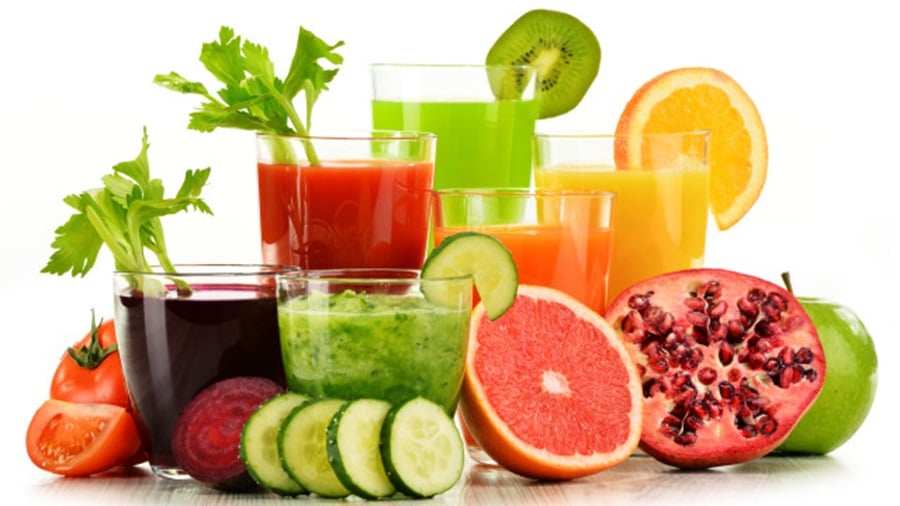Starting the day with a nutritious breakfast can set the tone for a day filled with energy, focus, and well-being. Unfortunately, many popular morning meals are far from ideal, laden with sugars, fats, and empty calories. This post aims to unmask some of these seemingly harmless options, shedding light on why they may not be the best choices for the first meal of the day and offering insights on how to identify and avoid them.
Contents
Cinnamon Rolls

Cinnamon rolls, a beloved pastry, often make an appearance at the breakfast table. With their soft, sweet layers and aromatic spice, it’s no surprise that they are a favorite for many. However, these delicious treats come with a high sugar content, causing a rapid spike in blood glucose levels. These spikes can lead to energy crashes mid-morning, affecting mood and productivity. Additionally, the temporary energy boost they provide can be deceiving, often leaving individuals feeling sluggish as the day progresses.
Moreover, cinnamon rolls lack essential nutrients and proteins that are vital for a balanced diet. Their high carbohydrate and sugar content overshadow the presence of any beneficial nutrients. Consequently, they offer limited satiety, leading to increased hunger and the likelihood of reaching for additional snacks throughout the morning. These factors contribute to a cycle of poor energy management and potentially, over time, unwanted weight gain.
Bacon
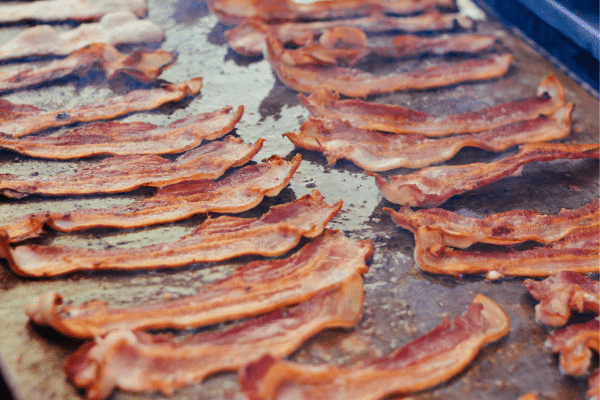
Bacon is renowned for its savory flavor and crispy texture, making it a popular breakfast item worldwide. Yet, its high saturated fat and sodium content raises health concerns. A diet rich in saturated fats can contribute to elevated cholesterol levels and increase the risk of heart diseases. Furthermore, the excessive sodium found in bacon can lead to high blood pressure, another risk factor for cardiovascular issues.
In addition to its fat and salt content, many bacon varieties are highly processed, containing chemicals and additives. These substances, often used to enhance flavor and prolong shelf life, have been associated with an array of health issues. Consumption of additives and preservatives has been linked to allergies, inflammation, and other adverse health effects. Therefore, despite its popularity and taste appeal, bacon might not be the most health-conscious choice for breakfast.
Pancakes And Syrup
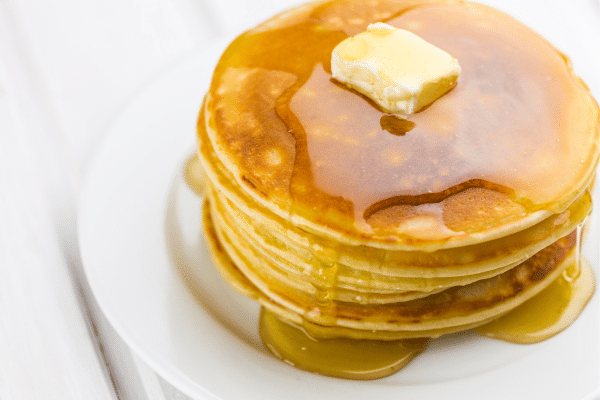
Pancakes and syrup are a classic breakfast pairing, celebrated for their fluffy, sweet, and satisfying taste. However, the nutritional profile of this popular duo is less than impressive. Pancakes made from refined flour lack essential nutrients and are quickly digested, leading to rapid spikes in blood sugar. This not only impacts energy levels but also doesn’t provide the lasting fullness required to keep hunger at bay until the next meal.
Syrup, especially the commercially available varieties, often contains high levels of high fructose corn syrup and artificial ingredients. The excessive sugars contribute to the overall caloric intake without offering significant nutritional benefits. Regular consumption of such sugar-laden toppings can lead to an array of health issues, including weight gain, dental problems, and metabolic disorders.
Cereals
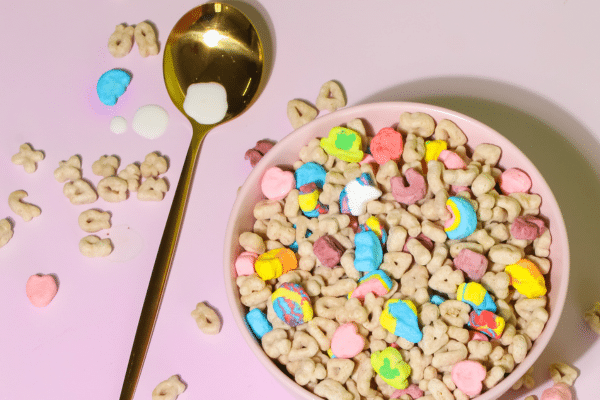
Breakfast cereals are often marketed as a quick and convenient option for busy mornings. However, many contain alarming amounts of added sugars. The sweet taste might be appealing, especially to children, but the subsequent energy highs and lows can impact concentration, mood, and overall wellbeing. Additionally, frequent consumption of high-sugar foods can lead to dental issues and long-term health problems like obesity and type 2 diabetes.
Despite the claims of being healthy and nutritious often found on cereal packaging, reading the ingredient labels can reveal a different story. Hidden sugars, salt, and artificial additives are common. It’s crucial for consumers to be vigilant and informed, understanding that the colorful packaging and health claims may be misleading. A close look at the ingredients and nutritional information is essential to determining the true nutritional value of these products.
Muffins
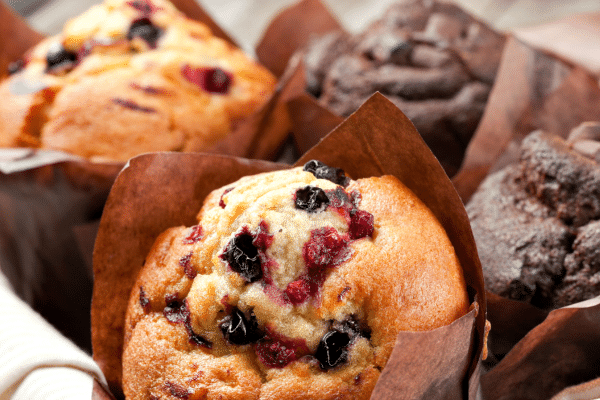
Muffins often masquerade as a healthier breakfast option, but many are akin to cupcakes in terms of sugar, fat, and calorie content. Loaded with refined flour, sugar, and oils, muffins can be a deceptively unhealthy choice. Their delicious taste and satisfying texture might be tempting, but the lack of essential nutrients can lead to energy slumps and increased hunger as the day progresses.
The portion sizes of muffins have also grown over the years, leading to an increase in calorie intake. It’s not uncommon for a single muffin to contain a significant portion of the recommended daily calorie intake. Consuming such calorie-dense foods regularly can contribute to weight gain and associated health issues. The lack of protein and fiber in many muffin varieties further diminishes their value as a nutritious breakfast option.
Bagels And Cream Cheese
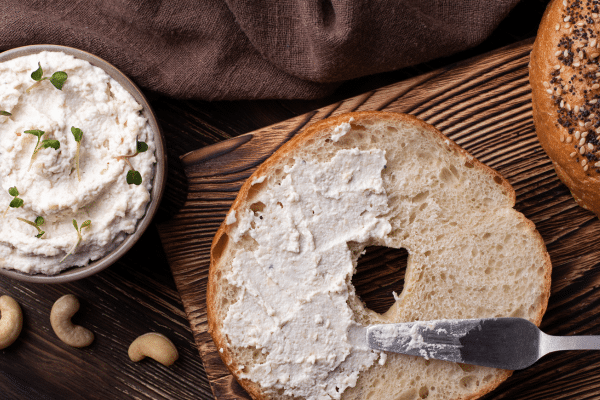
Bagels with cream cheese is a common quick breakfast many reach for on the go. However, the refined grains that constitute most commercially available bagels contribute to rapid digestion and spike in blood glucose levels, offering short-lived energy and little nutritional value. Most bagels lack the dietary fiber and essential nutrients needed for a balanced and sustaining meal, making them a less optimal choice for those looking to maintain energy throughout the morning.
The caloric content can also be a concern, especially when a generous serving of cream cheese is added. Rich and dense, cream cheese increases the overall calorie and fat content of the meal. While delicious, this breakfast option can contribute to weight gain when consumed frequently, especially without the balance of proteins, fruits, or vegetables to offer a more well-rounded meal.
Granola Bars
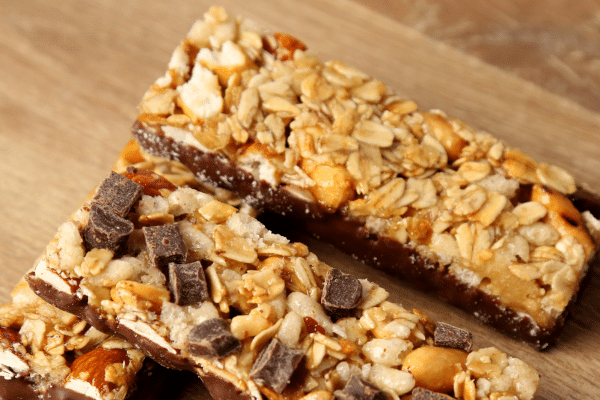
Granola bars are often perceived as a healthy snack or breakfast option. However, a close look at the ingredient list can unveil a reality of high sugar content and artificial additives. Many granola bars are laden with hidden sugars, oils, and preservatives, which can contribute to an increased caloric intake and offer limited nutritional benefits. The balance of macronutrients is often skewed, with a lack of adequate protein and fiber.
Furthermore, while granola bars can be convenient, many fall short in providing lasting fullness and energy. They can be part of a balanced diet when chosen wisely, but relying on them as a primary breakfast item might not provide the nourishment needed to optimally start the day. It is essential to select options with minimal added sugars, ample protein, and whole ingredients to ensure a more balanced and satisfying meal.
The Bottom Line
Highlighting these common breakfast foods and their nutritional shortcomings is not meant to vilify them, but rather to encourage informed choices for a healthier start to the day. Nutrition plays a pivotal role in overall health and well-being. By opting for balanced meals rich in whole grains, proteins, fruits, and vegetables, individuals can enjoy sustained energy, improved focus, and a myriad of health benefits. Making informed, conscious choices about the first meal of the day is a significant step towards a healthier lifestyle and lasting well-being.


